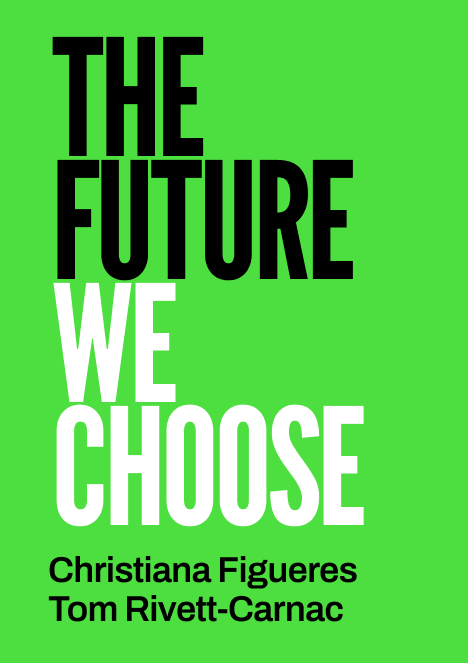We are currently in the midst of a crisis. The world is very different from the place it was just a few decades ago: there are fewer species of wildlife, global temperatures have risen, and forests are burning up all over the planet. The Earth is overheating and we are approaching the point of no return. Our actions of the next ten years will be crucial in determining whether we will be able to save humanity from the worst effects of climate collapse. In order to stay within reasonably safe levels, we will need to halve our current emissions by 2030, and reach zero emissions by 2050, which means not putting any more greenhouse gases into the atmosphere than the Earth is able to absorb.
As humans, we have two choices: we can either do something or do nothing at all, and whichever path we take, our actions will affect us and future generations. Depending on what we decide to do, we face two possible scenarios: if we do nothing, we will fail to achieve emissions reduction targets by 2050, and the world will be overcome by crisis, conflict, floods, and disasters. The planet is on a trajectory to overheat by 3 degrees by 2100, which would make it extremely polluted and completely uninhabitable. If this happens, temperatures in cities like Paris will regularly reach 44 degrees Celsius, while India will swelter in 60-degree heat. The Arctic ice caps will melt and sea levels will rise, leading to major flooding that will devastate coastal cities around the world, while heat waves will create deserts in once lush, green areas, and many places will no longer be able to support any form of life. Extreme weather events, such as hurricanes and tropical storms, will be more frequent than ever, creating a massive refugee crisis.
The second scenario, which the authors call ‘the world we must create’, relies on multilateral global cooperation to limit global temperatures to no more than 1.5 degrees Celsius by 2050. In this world, the air quality in cities will be cleaner than before the Industrial Revolution, artificial intelligence will turn off every machine when it is not being used, and improved access to renewable resources will provide entire populations with sanitation, education, and healthcare. This world will be safe and inhabitable for everyone, as humanity will have reinvented economic models to make them circular and supportive of collective well-being. In order to achieve this scenario, we have to act now, or our planet will become uninhabitable.
